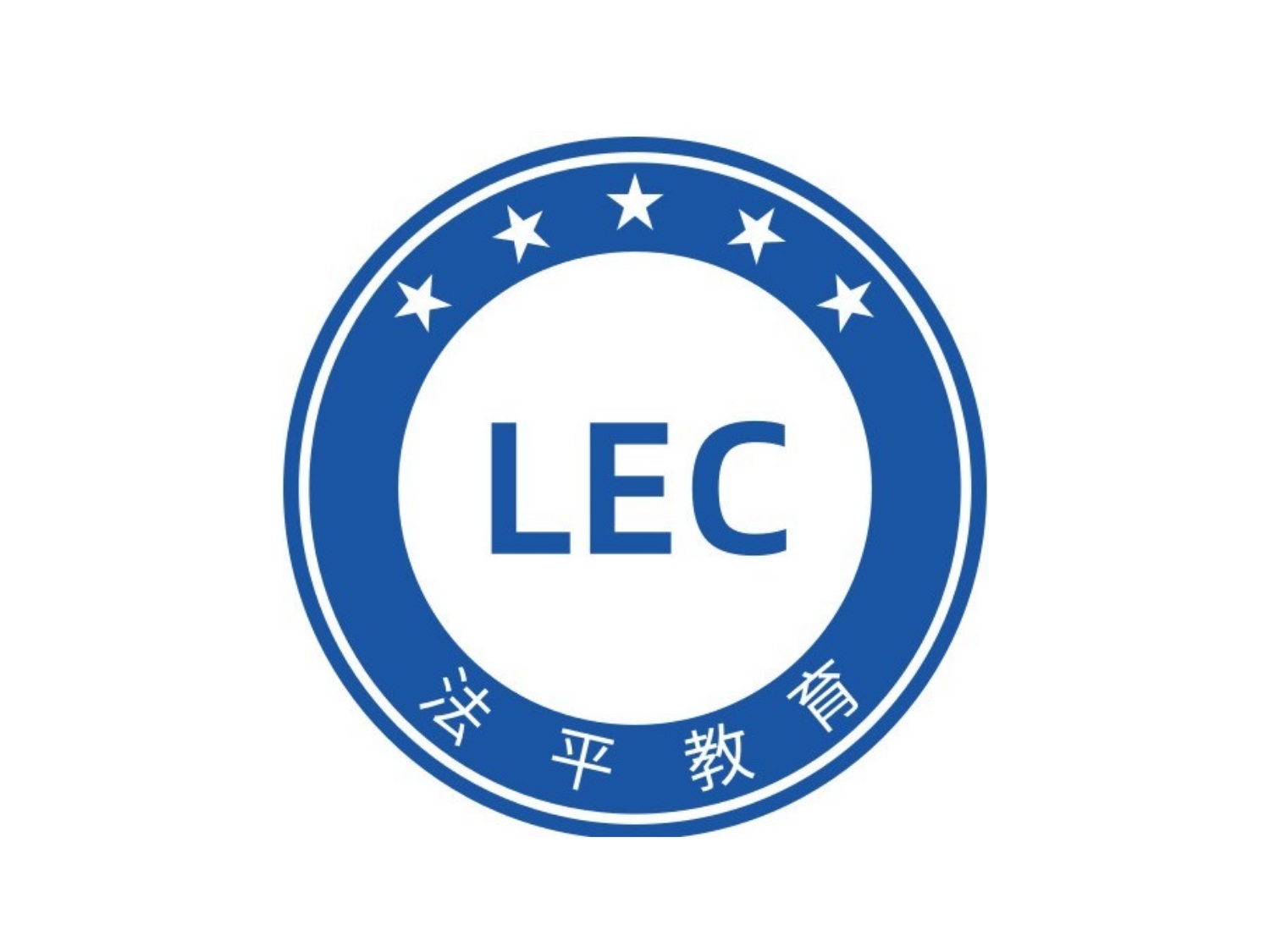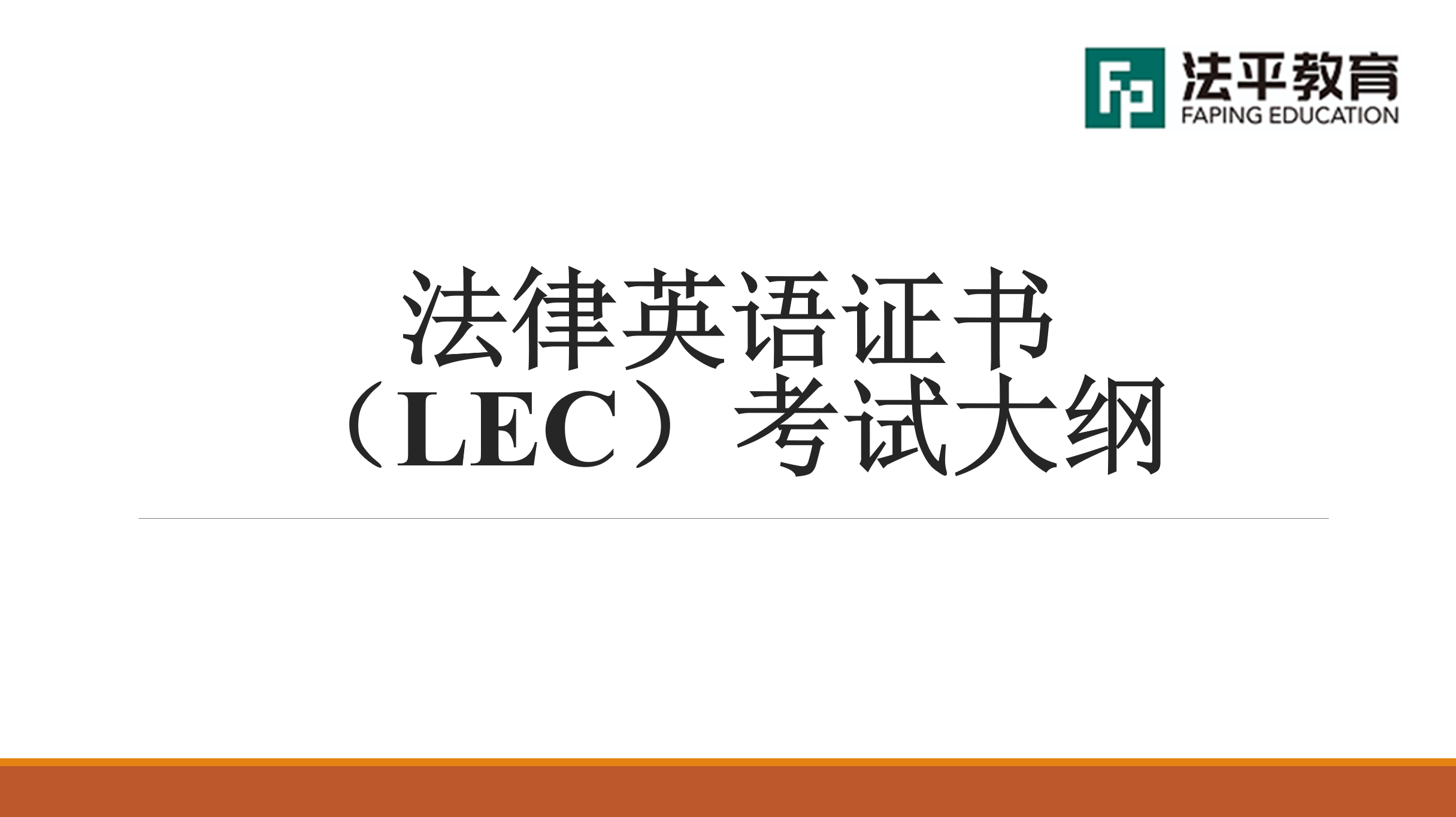
法律英语学习| How to Write a Case Brief?
在英美判例法的学习过程中,我们会“亲密无间”地接触大量的案例,这些案例少则三四页,多则十几二十几页。要想高效地阅读英文案例,必须要学会撰写Case brief (案例摘要),这是在美国法学院“生存”(survival)的必备技能。
Case brief也是法律英语证书(LEC)考试的考查重点。
Case brief又称case summary, 是对已公布的案例所作的概述,换言之,是对案件事实和其中法律意见(legal opinion)的总结。
不过,很多人将“case brief”与“brief”混淆,二者是截然不同的~
Brief是律师向法庭提交的表明其对案件的观点的书面辩论文件,称作“律师辩论意见书”或“辩论摘要”。在brief中,律师要以说服法官为目的分析相关案件的问题,brief通常包括对案件事实的概述、相关法律及关于对案件事实如何等。
而Case brief不是发表对案件观点,也不需要提交给法院。它是法学院学生用来备课和考试的学习工具,主要作用是帮助快速阅读案例,掌握案例重点,便于以后回顾案件。
Case brief以精简总结案例事实和法律意见为主,篇幅不宜过长,一页纸左右即可。
如何撰写 Case Brief?
Case brief 有不同的格式,但通常情况下,应包括以下要点:
1. Citation (引称)
Give the full citation for the case, including the name of the case, the date it was decided, and the court that decided it.
2 Facts (案件事实)
Briefly indicate
(1) the reasons for the lawsuit;
(2) the identity and arguments of the plaintiff(s) and defendant(s), respectively; and
(3) the lower court's decision, if appropriate.
3 Issue(争议点)
Concisely phrase, in the form of a question, the essential issue before the court. If more than one issue is involved, you may have two or even more questions here.
4 Holding or Decision(法庭的判决)
Indicate here with a "yes" or "no," if possible, the court's answer to the question (or questions) in the Issue section above.
5. Rationale or Reasoning(推理过程或判决理由)
Summarize as briefly as possible the reasons given by the court for its decision (or decisions) and the case or statutory law relied on by the court in arriving at its decision.
6. Rule of Law (本案所确立的法律规则)
In simple, clear language, state the general principle that caused the court to decide the way it did, and which can be applied to future cases.
Case Brief Sample
Sony Corporation of America v. Universal City Studios, Inc.
United States Supreme Court
464 U.S. 417 (1984)
Facts
Sony Corporation of America (Sony) (defendant) created a video cassette recorder (VCR) called Betamax, which allowed consumers to record things and watch them later, including copyrighted television shows and movies. Universal City Studios, Inc., et al. (plaintiffs), copyright holders of certain shows and movies, brought suit, alleging that Sony was guilty of contributory copyright infringement. The district court found that recording a show and watching it later (time-shifting) was fair use because it may actually increase viewership of copyrighted programs, and because content producers not involved in this litigation were actually in favor of allowing time-shifting to continue. The court of appeals reversed, ruling in favor of the plaintiffs. Sony appealed.
Issue
Does the sale of articles of commerce constitute contributory infringement if the product is widely used for legitimate, noninfringing uses?
Holding
No.
Reasoning (Stevens, J.)
The sale of copying equipment, like other articles of commerce, does not constitute contributory infringement if the product is widely used for legitimate, noninfringing uses. This rule strikes the proper balance sought in copyright law between rewarding a copyright owner’s creative work, while at the same time allowing the public to reap the benefits of products that can be used for purposes unrelated to that work. In this case, the Betamax has many legitimate, noninfringing uses. Although consumers can use the Betamax to record copyrighted material, they can also use it to record uncopyrighted material, as well as material of which copyright owners have permitted copying—for example, producers who do not object to time-shifting because it can increase their viewing audience. An injunction would improperly prevent the public from these noninfringing uses. Moreover, the infringing use that most consumers use the Betamax for—time-shifting—is fair use. Time-shifting is a noncommercial, nonprofit use of copyrighted content. As such, the plaintiffs carry the burden of proving any harm to their market position. The plaintiffs did not do so, and any claimed future harm is speculative. As a result of the foregoing, Sony is not guilty of contributory infringement by selling the Betamax to the public. The court of appeals is reversed.
Rule of Law
The sale of articles of commerce does not constitute contributory infringement if the product is widely used for legitimate, noninfringing uses.
(文章来源:法平教育)




